If you happen to see a police officer in Oakland, Waterville or Winslow during the next two months sporting a beard, don’t be alarmed.
It’s for a good cause.
About three dozen officers in those three towns are retiring their razors for November and December in favor of raising money for charities in “No Shave November.” By paying a fee to forgo shaving, the male officers can proudly sport their beards.
“The officers are pretty relieved that they can give their face a break,” said Chief Joseph Massey, of the Waterville Police Department.
The participating officers are donating money to charity in lieu of shaving. Eight Winslow officers and about 15 Oakland officers paid $20 each to give up their razors, with the money going to the Barbara Bush Children’s Hospital in Portland. Roughly two dozen Waterville officers are raising money by the beard for the United Way of Mid-Maine.
Growing facial hair for a cause isn’t unique to the police departments. During the past decade, a mustache movement has grown synonymous with the month of November, where men around the world grow a mustache to raise awareness for men’s health in an event called Movember. The departments’ fundraising, however, is independent of the international Movember organization.
Typically, police officers don’t resemble lumberjacks or Red Sox on a roll.
Grooming policies are unique to each department, but police officers are typically beardless, citing professionalism. Besides an occasional mustache, which has grown synonymous with policemen through pop culture, officers rarely sport a full beard.
“Law enforcement officers should give off their best appearances,” Massey said, adding that officers typically don’t grow beard for safety reasons. “If an officer has a long beard, there’s the chance someone could grab it during an altercation.”
Despite most of his staff participating in the fundraiser, Massey said he’s sitting this one out.
“I can’t grow what I consider a neat and trim beard,” he said. “Mine would be patchy and gray.”
The Movember movement
An international Movember, where men grow mustaches to raise money for men’s health issues, has snowballed over the past decade into an international nonprofit organization with more than a million members. Started in 2003 in Australia, friends Travis Garone and Luke Slattery joked about bringing the mustache back in a stylistic sense.
“The first year they did it, it was just 30 guys growing mustaches, there was no cause,” said Doug Prusoff, college engagement manager for Movember. “They realized the growth of the mustache started so many conversations, there was an opportunity to have conversations about something bigger.”
Inspired by what women were doing with breast cancer awareness in October, the men decided to solicit friends to grow a ‘stache while raising money for men’s health awareness — particularly prostate and testicular cancer.
By 2012, the nonprofit organization Movember blossomed into more than 1.1 million members worldwide, raising nearly $450 million for research and awareness. Participants start clean shaven on Nov. 1, soliciting donations throughout the month while they grow a mustache.
“For a lot of people, it’s a fun way to get involved in something that’s serious,” Prusoff said.
Prusoff first heard about Movember during his sophomore year at Lafayette College in Pennslyvannia. A member of the lacrosse team, Prusoff was approached to participate by a teammate.
“I mean, grow a mustache for charity? Why not,” he said. “It seemed like something easy to do. But then I saw some of the health statistics, and it kind of hit home for me.”
According to Movember’s website, one in six men will be diagnosed with prostate cancer. In 2007, Movember worked with Prostate Cancer Foundation in the U.S. and in 2009, the organization worked with the Livestrong Foundation.
At the end of the month, Movember organizes parties for mustached-members at several cities across the country, where prizes and awards are handed out for best mustache. Members are also encouraged to have similar gatherings with participating friends.
‘Wives weren’t happy’
The responses in Oakland, Waterville and Winslow have been positive early on, although in Oakland police Capt. Rick Stubbert said that he and Chief Michael Tracy have received some odd glances at their unkempt faces.
“We’ve gotten a lot of that, people asking us why we’re growing beards,” Stubbert said. “Once we tell them, we get a real positive response. It takes us out of our normal routine and makes us more personable.”
Stubbert also said it has raised morale in the office.
“Officers are saving money on razors, they’re saving 15 minutes a day and getting here earlier for their shift,” he said. “We’ve had some people in other departments in Oakland that want to join in.”
This is the second year that Winslow is growing beards for a cause after the idea was tossed around last year, according to Chief Jeffrey Fenlason.
“Someone said they wanted to grow a beard for hunting season, and it turned into growing them for charity,” he said. “We thought it was a worthwhile cause and this year we talked with Oakland police and Waterville police about participating as well.”
Money raised for the charities will be counted at the end of December. While officers can’t solicit donations from the public, people are encouraged to donate by going to www.unitedwaymidmaine.org or bbch.org, or by starting your own fundraising page at movember.com.
While Winslow and Oakland are just raising money with their beards, Waterville police are turning their fundraiser into a competition, where the grower of the best beard will be named at the end of December.
“We’re going to try to come up with a way to say who has the nicest beard,” Massey said. “It will probably be pretty subjective.”
In Oakland, Stubbert said he got a head start on his beard thanks to a tremendous playoff run by the bearded Boston Red Sox players who grew facial hair as part of team-building effort on their way to a World Series victory in October.
“I’m just piggy-backing off the Red Sox,” he said.
While the increase in facial hair has improved the morale in the office, according to Stubbert, the idea for a two-month beard-off took some convincing beyond the officers.
“In the beginning, I guess some of the wives weren’t happy about it,” he said. “But it is for a good cause, so they let it go.”
Jesse Scardina — 861-9239jscardina@centralmaine.comTwitter: @jessescardina
Send questions/comments to the editors.

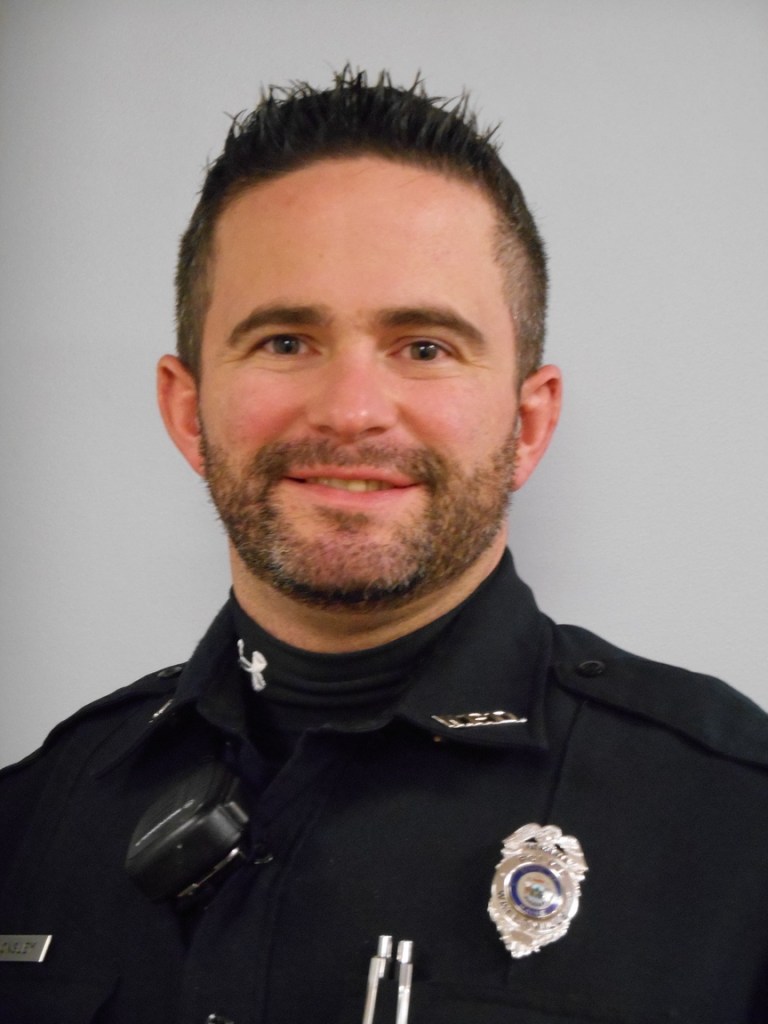
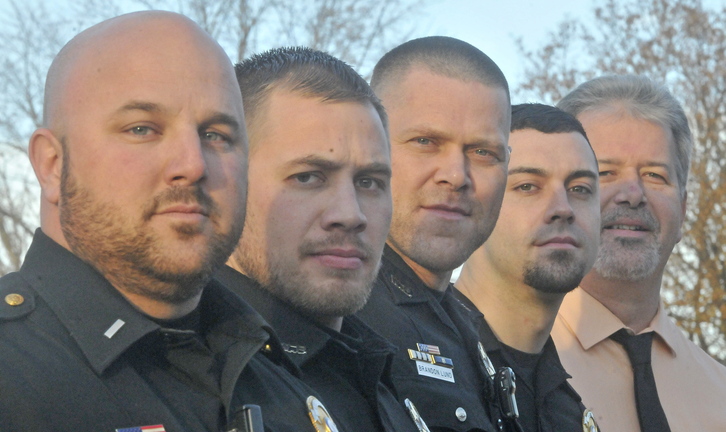
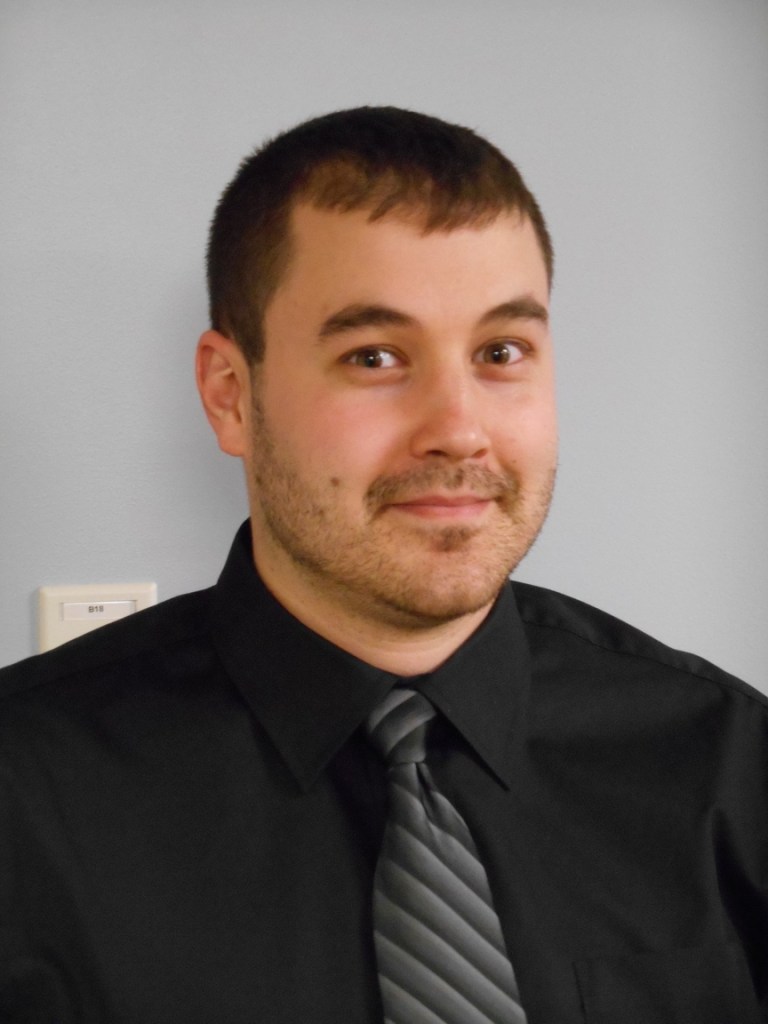
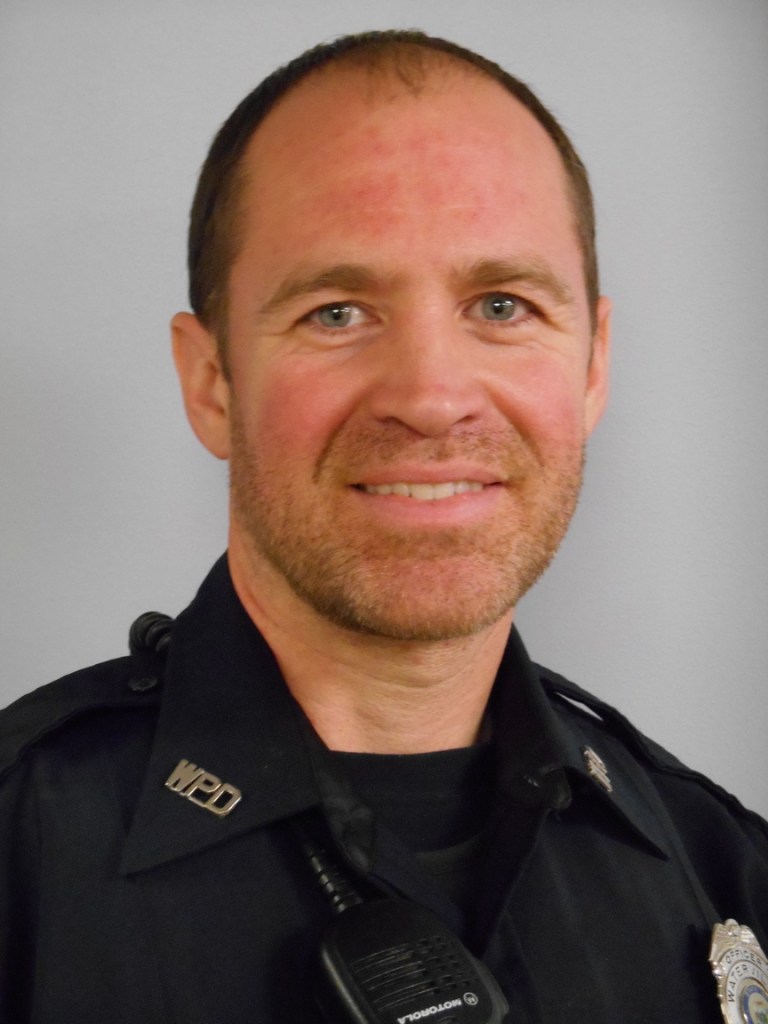
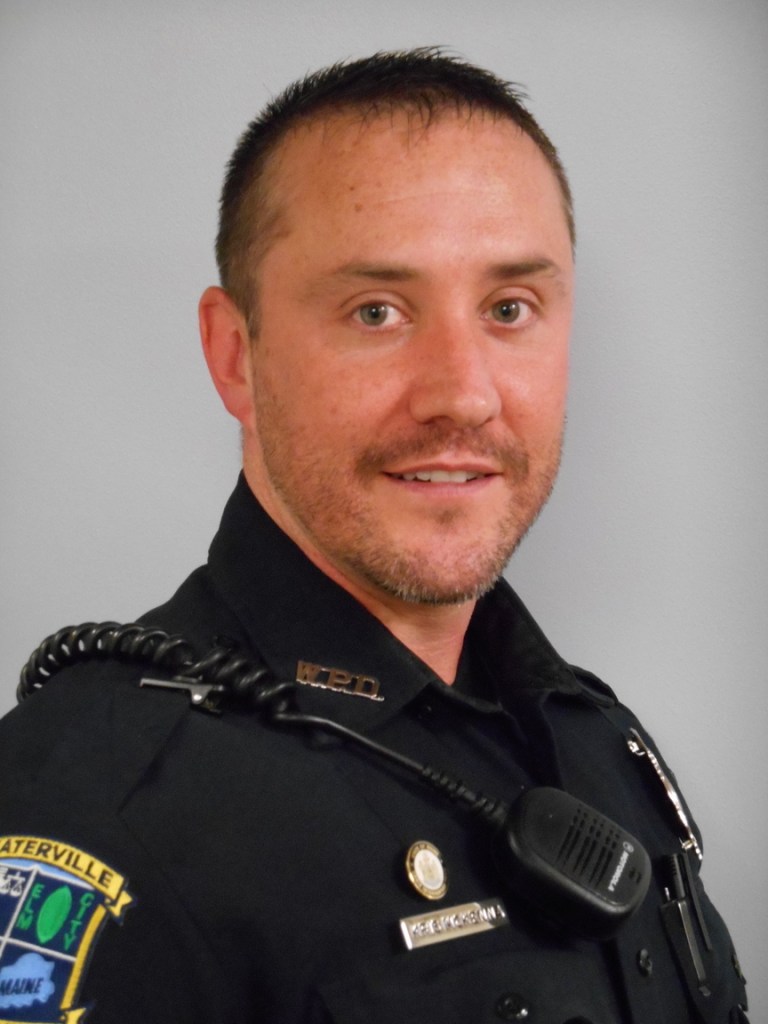

Comments are no longer available on this story